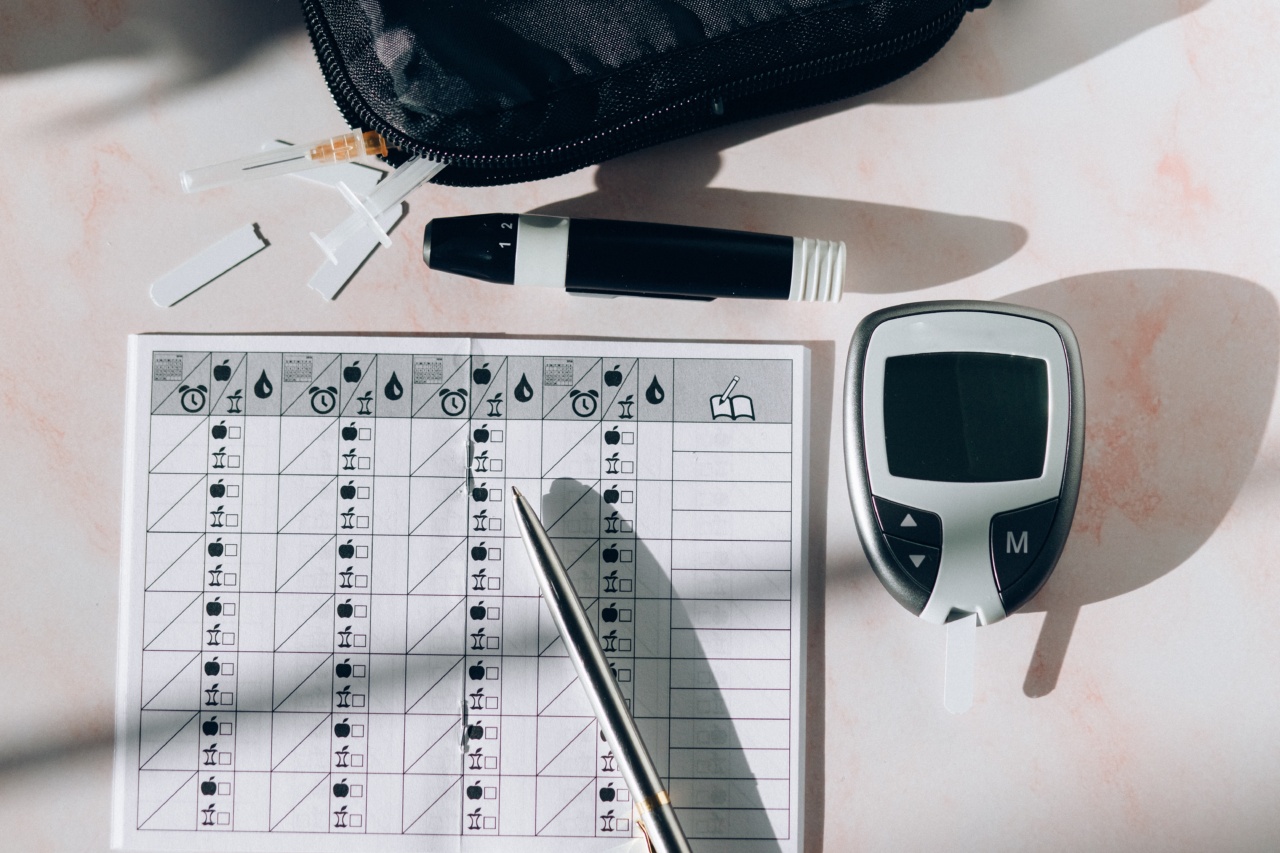Loss of balance can be a debilitating condition that affects individuals of all ages. It is a common issue that can result in falls, injury, or in severe cases even death.
Balance problems can be caused by a range of factors that include age, medical conditions, medications, and lifestyle. In this article, we explore the causes of balance loss, its potential diseases, and what you can do to improve and maintain your balance.
What Causes Loss of Balance?
A variety of factors can contribute to the imbalance, including the ear, eyes, and other sensory systems of the body. Medical conditions, medications, lifestyle factors, and injuries can also affect balance.
Here are some of the common causes of balance loss.
Inner Ear Problems
The inner ear plays a significant role in maintaining balance and equilibrium. Any issues regarding the inner ear can result in balance problems.
It may also result from an infection or damage to the nerves, leading to vertigo, dizziness, and other related issues, resulting in difficulty standing or walking.
Vision Problems
Vision plays a crucial role in balance. Often, seniors or other individuals experiencing balance issues also have vision issues. The brain uses visual cues to balance the body.
Conditions such as cataracts, glaucoma, or macular degeneration affect depth perception and make the individual more prone to falls.
Muscle and Joint Issues
Weakness, stiffness, or any physical damage to the muscles, bones, and joints in the lower extremities can affect balance and gait.
Reduced mobility due to arthritis, foot problems, and other musculoskeletal issues make it challenging to walk and stand, further leading to loss of balance.
Central Nervous System Disorders
Balance requires the proper functioning of the central nervous system. Medical conditions such as Parkinson’s disease, multiple sclerosis, stroke, and tumors can affect the brain and lead to balance loss.
The damaged areas of the brain compromise the patient’s ability to maintain balance, resulting in falls.
Medications
Prescription drugs used to treat conditions like blood pressure, antidepressants, and pain relief medications can cause balance loss as a side effect.
The drugs may affect the inner ear or brain, and the patient might experience dizziness, vertigo, or other related issues, making them more prone to falls.
Lifestyle Factors
Lifestyle and personal habits can affect balance as well. Poor diet, lack of exercise, excessive drinking, and smoking can impact various bodily systems leading to balance loss.
The lack of physical activity can lead to muscle weakness, reducing the individual’s ability to maintain balance.
Common Balance-Related Conditions
Many different conditions are associated with balance loss. Some of the most common conditions are:.
Vertigo
Vertigo is a symptom of many different conditions that cause balance loss. It is characterized by a feeling of spinning, dizziness, or lightheadedness and is often accompanied by nausea. It can last for a few minutes to several hours.
Labyrinthitis
Labyrinthitis is an inner ear inflammation that affects balance and can cause vertigo and hearing issues. It can be caused by an infection, allergies, and other environmental factors.
BPPV
BPPV or Benign Paroxysmal Positional Vertigo results from small crystals in the ear getting dislodged and moving into the wrong part of the inner ear. The spinning sensation can be triggered by certain head movements.
Meniere’s disease
Meniere’s disease is an inner ear condition that affects the patient’s balance, hearing, and tinnitus. It is caused by fluid buildup in the inner ear.
Cerebellar Ataxia
Cerebellar Ataxia is a medical condition that affects the cerebellum part of the brain and leads to balance loss, muscle coordination problems, and difficulty speaking.
Improving Your Balance
There are several things you can do to enhance and maintain your balance, including:.
Exercise: Regular exercise, especially balance and strength training, can enhance your overall balance and prevent falls. Activities such as tai chi, yoga, and Pilates are excellent for maintaining balance.
Diet: Consuming a healthy diet and staying hydrated is essential to keep your body functioning well and prevent weakness that may affect balance.
Avoid Alcohol and Smoking: Excessive drinking and smoking can affect your balance and make you more prone to falls. Try to abstain from these activities where possible or reduce your intake.
Healthy Sleeping Habits: Proper rest is vital to maintain your body’s strength and prevent fatigue that can lead to balance disturbances. Have a proper sleep routine and aim to get at least 7-8 hours of sleep.
Check Your Medications: If you are experiencing balance loss, be sure to check with your doctor whether any medications may be causing the issue. Your doctor may change your medication or recommend a different course of action.
Conclusion
Loss of balance is a common issue that can lead to falls, injury, and even death in severe cases. Understanding the potential causes of balance loss and knowing how to maintain it is essential to prevent these conditions.
The key is to stay active, maintain a healthy lifestyle, and know when to seek medical advice when necessary.





























